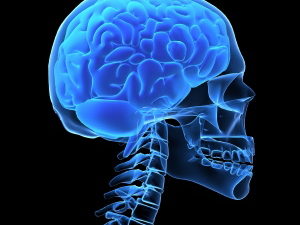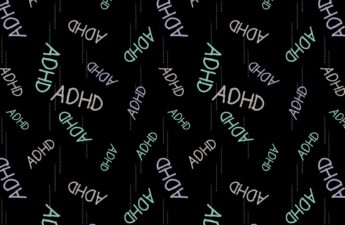Category: Brain and Nervous System
Short-term dietary changes can lead to obesity, shows research
Surprisingly, even short-term consumption of highly processed, unhealthy foods can significantly reduce insulin sensitivity in the brains of healthy people. This effect persists even after returning to a normal diet.
Eating disorders don’t just affect teen girls. The risk may go up around pregnancy and menopause too
Eating disorders and body image concerns are most common in teenage girls, but their prevalence in adults, particularly in women, aged in their 30s, 40s and 50s, is actually close behind.
Smart is sexy – new study on fish doing puzzles hints intelligence partly evolved via sexual selection
A better brain might help an animal find more mates, have more sex, and eventually have more babies.
A mouse study by researchers from the Allen Institute in Seattle provides roadmap for how aging may alter brain cell genetic activity.
Light exercise can yield significant cognitive benefits, new research shows
Everyday physical activity, like going for a short walk or playing with the kids, may provide short-term benefits for cognitive health, equivalent to reversing four years of cognitive aging.
Wildfire smoke exposure linked to increased dementia risk
New research led by the University of Washington in Seattle has found that long-term to wildfire smoke exposure was associated with a significant increase in the odds that a person would be diagnosed with dementia.
Mounting research shows that COVID-19 leaves its mark on the brain, including significant drops in IQ scores
Ziyad Al-Aly, Washington University in St. Louis From the very early days of the pandemic, brain fog emerged as a significant health condition that many experience after COVID-19. Brain fog is a colloquial term that describes a state of mental…
Brain-training games remain unproven, but research shows what sorts of activities do benefit cognitive functioning
The specific skills learned in these games often do not translate to more general, real-world applications. Whether brain games meet their end goal of lasting cognitive improvement across a number of areas is still highly debated among psychologists. To make such claims requires rigorous evidence that playing a specific game improves cognitive or brain performance.
Eight reasons why ADHD diagnoses are increasing
For a long time it was assumed that somewhere between 5 and 6% of children have attention-deficit hyperactivity disorder (ADHD). But the rates, in practice, are often higher. The American Centers for Disease Control and Prevention put the prevalence at 11.4% in children in 2022.
The evolutionary benefits of being forgetful
Forgetting serves a functional purpose: Our brains are bombarded with information constantly. If we were to remember every detail, it would become increasingly difficult to retain the important information.
Brain waste-clearance system shown in people for first time
The scans showed cerebrospinal fluid flowing into the brain through distinct channels—along the perivascular spaces, the fluid-filled spaces that run alongside blood vessels in the brain. These findings match earlier imaging results seen in mice
Alzheimer’s disease may damage the brain in two phases
Allen Institute and UW School of Medicine brain mapping study uncovers which cell types may be harmed first.
Health News Headlines
Human-to-human bird flu transmission – Man dies of rabies – DASH diet – Senior moments – 23andME DNA up for sale
Delirium: this common and frightening syndrome looks like dementia, but comes on much faster
Delirium is a common complication of hospitalization can have a direct impact on patients’ illness and mortality rates. It is therefore extremely important to prevent it, or, failing that, to establish an early diagnosis in order to treat it correctly.
Health News Headlines
Washington to keep abortion pill stockpile – Free COVID tests – Brett Favre diagnosed with Parkinson’s disease














